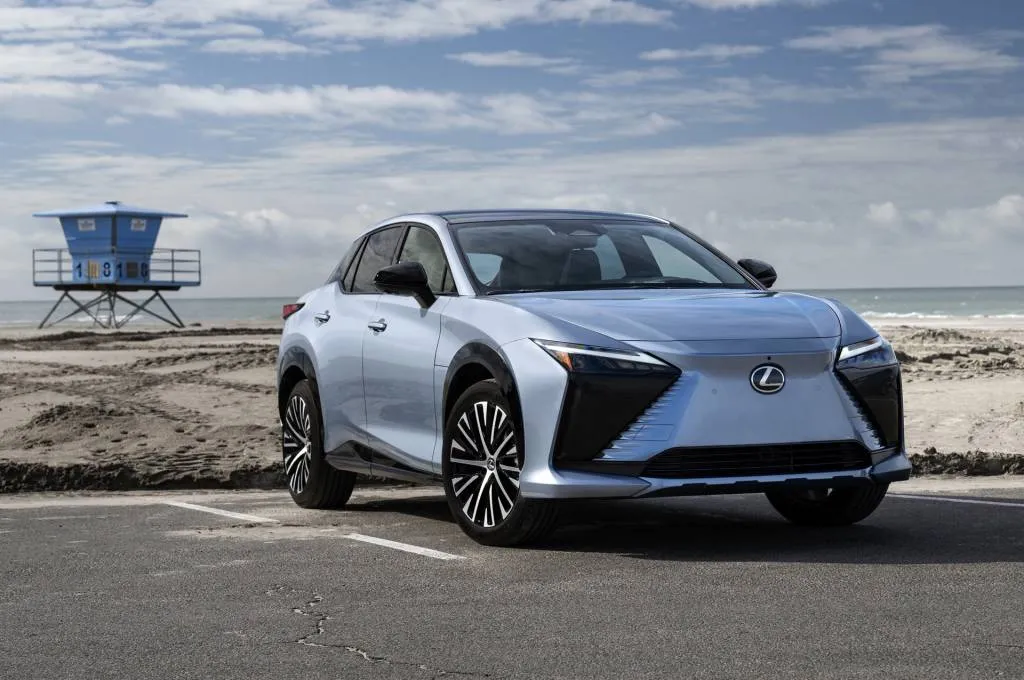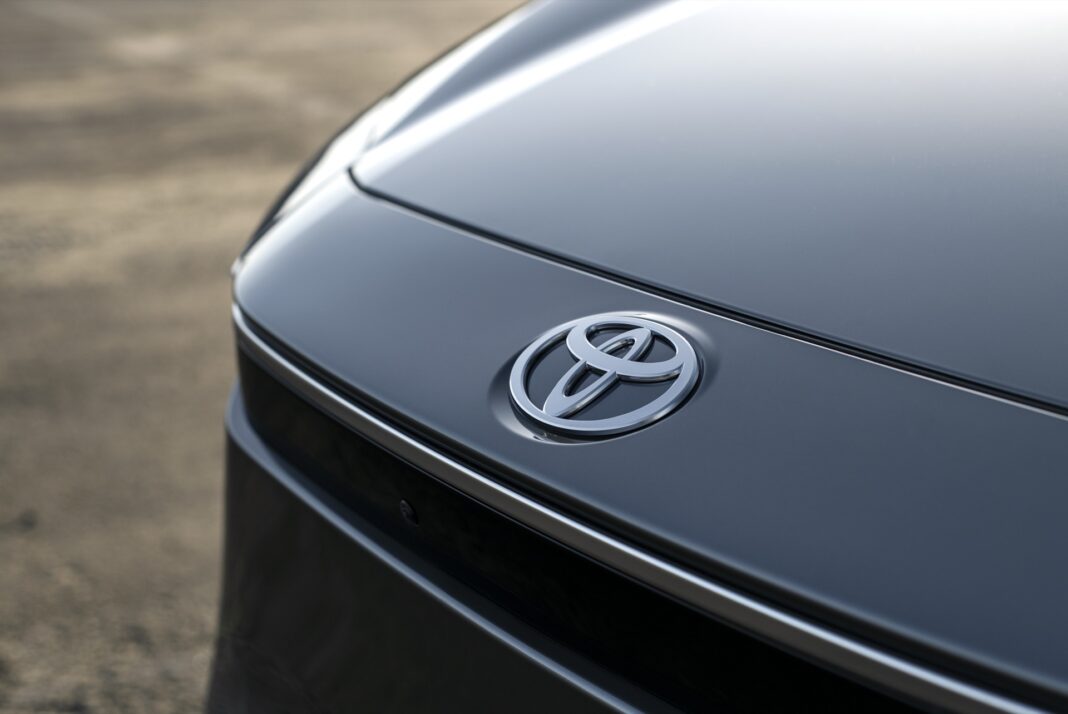Toyota is due to receive $4.5 million in federal funding for research into automating the teardown and rebuilding of used electric vehicle battery packs for eventual reuse.
The funding comes from the Energy Department’s Advanced Research Projects Agency-Energy (ARPA-E), under the Catalyzing Innovative Research for Circular Use of Long-lived Advanced Rechargeables (CIRCULAR). That project aims to help foster a domestic circular supply chain around EV batteries, according to Toyota.
Circularity in supply chains emphasizes reuse and recycling of materials wherever possible. When it comes to EV batteries, Toyota claims the primary bottleneck for reuse is a slow process of battery pack disassembly and sorting of materials, including classifying battery cells by degree of degradation.

2025 Toyota bZ4x
With this research project, which will be overseen by the automaker’s Toyota Research Institute of North America (TRINA), Toyota aims to create an automated pack disassembly process, diagnostic tools to classify recovered cells and modules, and a re-fabrication process that will turn those components into “new energy systems.”
Toyota is one of 13 recipients of CIRCULAR funding, and one of several seeking to automate the process. Others include the University of Colorado, which received $1.8 million to test the use of humanoid robots and robot arms to disassemble battery packs, and BMW, which was awarded $4.4 million to develop a battery pack “designed for rapid, robotic disassembly” without compromising structural integrity or energy density.
Getting batteries out to reuse in second-life uses before they need to be recycled for materials will help lower the CO2 footprint of products and potentially cut the environmental and dollar cost of everything along the way. Batteries from everything from Nissan Leafs to Porsche Taycans are already being sent to secondary uses.

2024 Lexus RZ
Toyota’s partnership with Redwood Materials is part of this push, too. And it’s resulted in a coordinated effort to help recycle Prius batteries through automotive recyclers—junkyards or salvage yards—around the country.
Redwood itself is receiving a massive $2 billion Energy Department loan, making this Toyota effort look a bit small—but necessary—clerical work. If this project makes for easier-to disassemble future EV battery packs, it could benefit both reuse and recycling.
